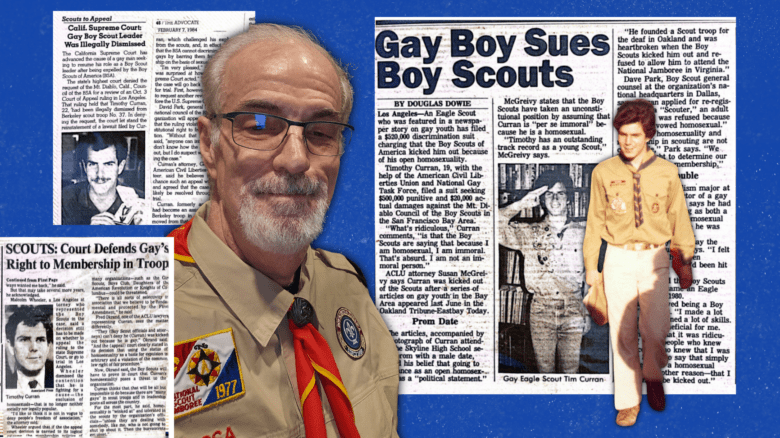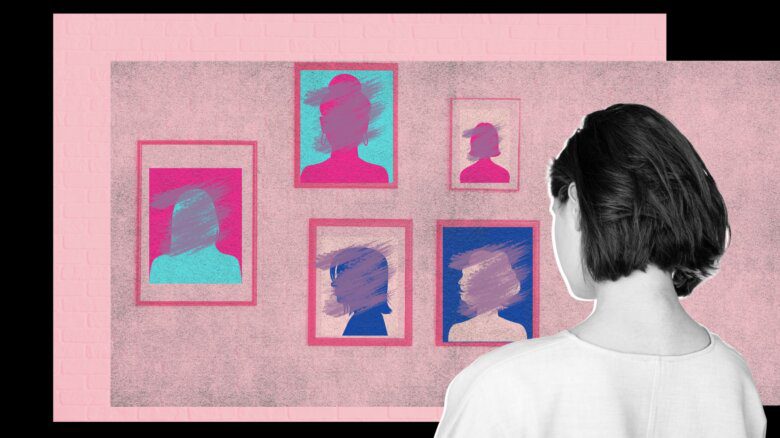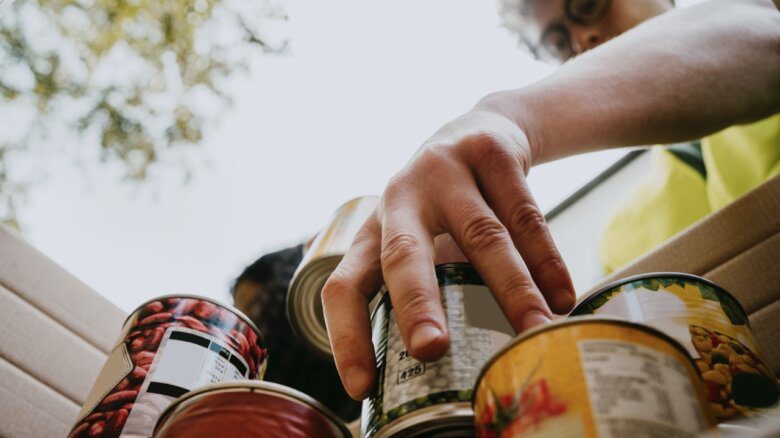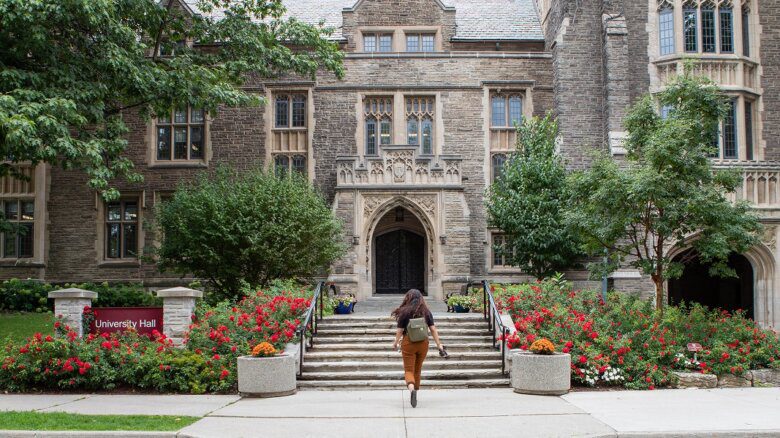LGBTQ+ advocates in Ghana are banding together to sue the state for human rights violations against its queer community as the country experiences a rise in anti-LGBTQ+ violence.
On June 14, two separate lawsuits were filed in the Ghana High Court against the inspector general of police and the attorney general of Ghana for violating the claimants’ human rights at an LGBTQ+ human rights training workshop in Ho in May 2021, according to U.K.-based queer news outlet PinkNews. After police raided the workshop, 21 attendees were detained and reportedly abused by police.
Now, four of the attendees are suing. Three are challenging the state’s violation of their “right to freedom of assembly, discrimination, unlawful arrest and detention” in one suit, and another suit has been filed on behalf of one attendee who says she was arrested and detained because she is intersex. She told Human Rights Watch (HRW) that during her detention, she was “afraid of being raped” by other inmates as police encouraged them to assault her to “prove” she was female. The claimants are being supported by Queer Ghana Education Fund (QuGEF), Coalition For SupportGH and other LGBTQ+ groups, and the Initiative for Strategic Litigation in Africa (ISLA) acts as their legal advisors.
“These individuals were subjected to harassment, assault, discriminatory treatment and other violations of their constitutional rights,” said Richard Fischere Kwofie, director of QuGEF, in an interview with PinkNews. “We only hope that the court will give them justice based on the enormous evidence that is before them. We are ready to seek redress for all human rights violations against persons perceived to be LGBTQ+, including violations committed by Ghana police and the state, and this is because of the trust that we have in our judicial system.”
These suits follow the introduction of legislation targeting LGBTQ+ Ghanians and advocates. Under the Promotion of Proper Human Sexual Rights and Ghanaian Family Values Bill 2021, introduced last August, those caught having same-sex intercourse could be imprisoned for up to five years. “Crossdressing” would be prosecuted and intersex people would be asked by the state to undergo “corrective surgery.” People who distribute material promoting LGBTQ+ activities could go to prison for up to 10 years.
“People see [the bill] as giving permission that LGBTQ+ people should now be killed, should be abused, should be stopped in any way they want to.”
“Just the introduction of the bill has meant a lot of ignorant people in the country act as though it has been passed,” she added. “And people see it as giving permission that LGBTQ+ people should now be killed, should be abused, should be stopped in any way they want to.”
The bill is currently under review by a parliamentary committee. If passed, it would be one of the harshest laws of its kind in Africa.
Advocates in the region have pointed out that the bill’s introduction alone has resulted in an increasingly hostile climate. “Since the bill came out, we’ve seen a sharp rise in many types of violence,” said Leila, a queer activist in Ghana who’s previously been detained by the government, speaking to The Guardian, adding that the community has seen rising attacks from individuals, communities, and an increase in “corrective rape.”
“Just the introduction of the bill has meant a lot of ignorant people in the country act as though it has been passed,” she added. “And people see it as giving permission that LGBTQ+ people should now be killed, should be abused, should be stopped in any way they want to.”
The flurry of legal activity follows a year of high-profile arrests within the Ghanaian queer community. People who were involved with LGBTQ+ human rights workshops and queer parties have reported detentions and abuse by police while in custody, an LGBTQ+ community centre has been forced to close and Pride celebrations have been attacked by conservative groups.
This widespread anti-LGBTQ+ discrimination in Ghana has had a devastating toll on the community. One study showed that the lifetime prevalence estimate of self-harm was 47 percent for LGBTQ+ Ghanaian teenagers, compared to 23 percent of their heterosexual peers. Furthermore, LGBTQ+ adolescents reported more personal social adversities, including various forms of victimization, than their heterosexual counterparts. Homosexuality has been illegal in the country since the colonial era, and same-sex activities can be punished with up to three years of imprisonment. LGBTQ+ Ghanians currently have no legal anti-discrimination protections.
Rita Nketiah, a researcher on women’s and LGBTQ+ rights at Human Rights Watch, says that while the Ghanian anti-LGBTQ+ bill was expected to pass, hearings have been crucial in shaping the bill. “It has given advocacy groups a rare opportunity to make their case openly and directly to parliament,” she told The Guardian. “It has been made clear by the parliamentary review committee that the bill itself will not be stopped, but what is up for debate is the content of the bill. They want to make sure it stands the test of time.”
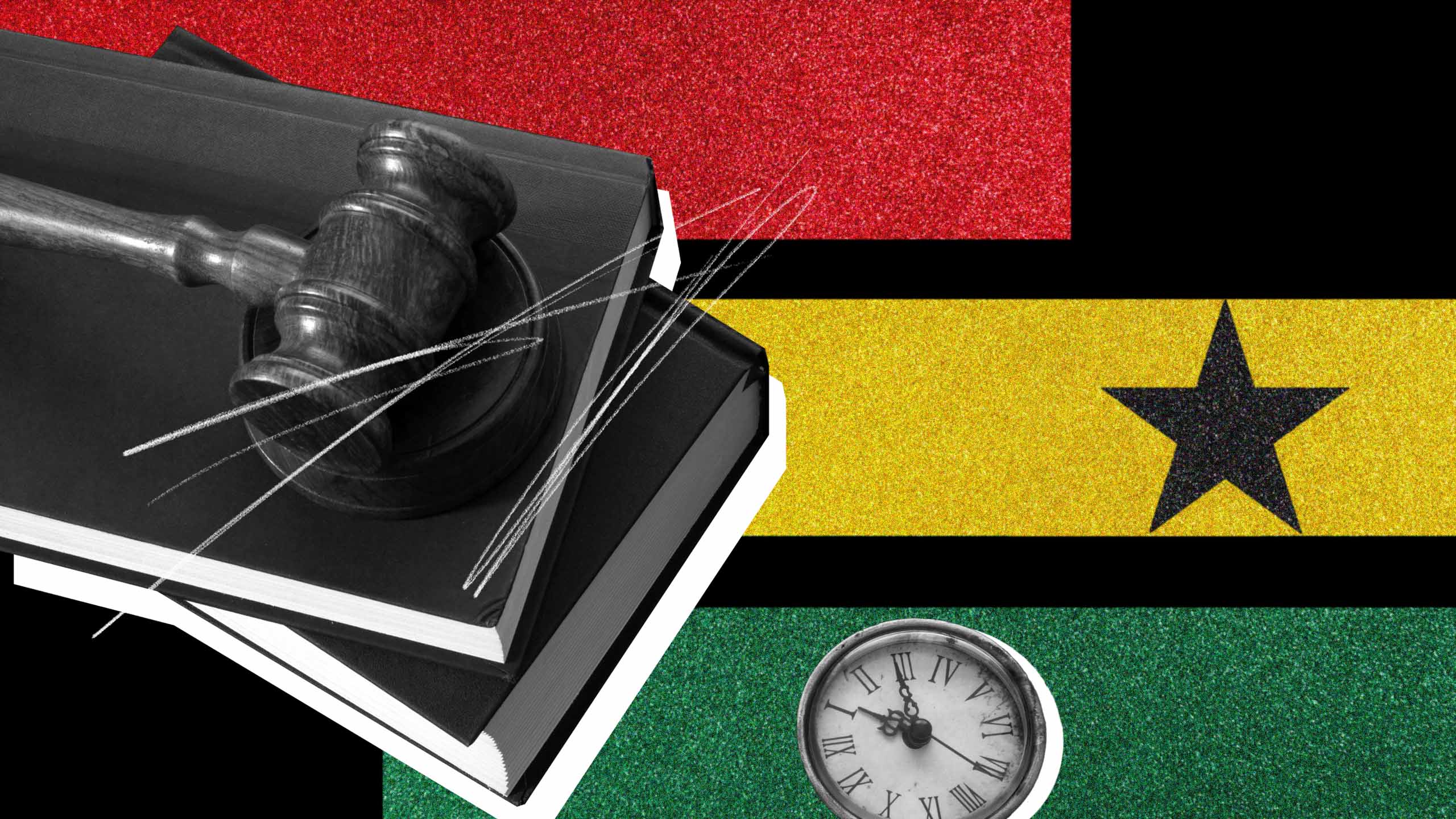

 Why you can trust Xtra
Why you can trust Xtra